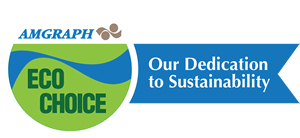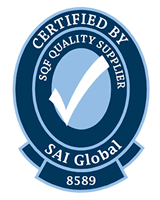A tweet from an environmental organization tried to cast doubt on flexible packaging, but their argument misses the point.
A recent tweet from the Ellen MacArthur Foundation has caused some consternation in the packaging world. It was a call for brands to prioritize “eliminating and innovating away” from flexible packaging to fight pollution. According to Packaging Digest, though, that is “just nuts.”
While the goal of being recyclable, reusable, or compostable is a worthy one, the idea of eliminating other options simply isn’t feasible. The article in Packaging Digest pointed out that, for instance, flexible packaging dominates the snack food category, and moving to a completely different packaging format, for every single product, would be almost impossible.
The article states that a combination of realistic efforts is necessary to help reduce the environmental impact of product packaging. The use of renewable materials and recycled content is important, as is overall material reduction—a big benefit of flexible packaging. All these efforts are necessary to help reduce packaging’s impact, and according to the article, packaging reduction is usually or should be the first thing brands consider as a positive impact on sustainability.
In response to the tweet, Alison Keane, President of the Flexible Packaging Association, said, “While [the progress report] appears to be targeting flexible packaging — and certainly the tweet is provocative — it really isn’t anything new and its solutions, including elimination, merely point to their Flexible Report from earlier this year. Short sighted elimination policies for this type of packaging, and really all packaging in general, will not solve the problem [of plastics pollution] and in many cases will result in more environmental harm.”
Read the full article in Packaging Digest.
We agree with our friends at the Flexible Packaging Association and Packaging Digest. Reaching sustainability goals will involve a wide range of solutions and eliminating something with as many positive aspects as flexible packaging just doesn’t make sense. Yes, recyclability is a challenge. But flexible packaging is light, durable, and cost-effective—and it allows brands to greatly reduce the overall amount of material in their packaging. We believe it is a valuable option for sustainability. If you are interested in learning more about the benefits of flexible packaging, give AMGRAPH a call!









